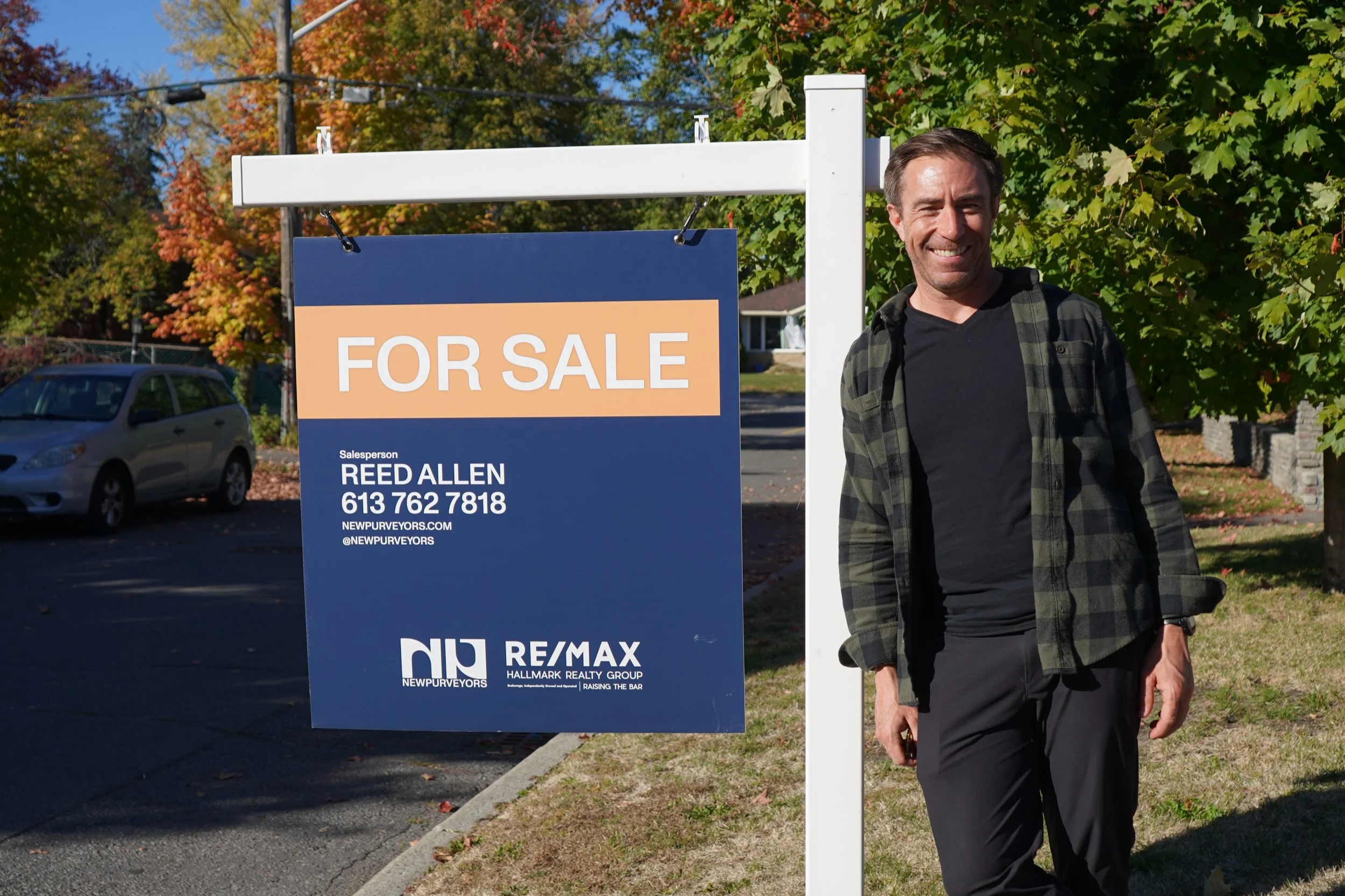Protect Your Investment: Home Care
For most people, a house is their largest and most valuable asset. It is a massive investment that takes ¼ of most people’s lives to pay off completely!
You treat other valuables carefully; nice jewelry, your mobile phone, your car, etc. So why not your house?
The more you do to protect and upkeep your home while you own it, the more value it will return to you in the future. For many years, the price of houses has been increasing steadily. So your investment into your home is already making you money. But, with the right care and attention, you can actually increase the value of your home slowly by maintaining it well and adding new renovations as it makes sense!
Let’s dive into some of the ways you can treat your home like you would any other asset that is accumulating value over time:
1. Insurance
Insuring your assets is always a good idea. You have insurance on your car, on your life, and on other valuables in the home - your house will also need to be insured. A good plan will protect your investment from fires, floods, and natural disasters, and even cover the people in it should they get injured. Although this insurance won’t protect your asset itself (insurance won’t stop a fire), it will ensure you are able to get back on your feet in a new home in the future.
This should be the first step for any new homeowner. Be sure that you are properly insured and that coverage is applicable to where you live. For example, some neighbourhoods are more likely to experience basement flooding or tornados. Because of this, you’ll want to be sure your insurance covers what is most important for your area.
Did you know you can also insure your mortgage? This may have even been mandatory if you paid less than 20% on your down payment. Mortgage insurance helps ensure that if something were to happen where you can no longer pay your insurance, it will still be paid and you will not be in trouble with your lender.
2. Regular Home Maintenance
Now, onto the asset itself. Taking care of your home is crucial to maintaining its value. For example, leaving years of leaves to rot on your roof may contribute to it breaking down faster as they fill the gutters and cause flooding. Not cleaning your pool regularly will cause the lining to disintegrate faster. Not cleaning the floors may cause permanent stains and damage that will be irreversible later. Not keeping up with garden maintenance may cause cracks in the pavement and other damage as plants continue to grow.
Some of these issues may be fixable at the right price, but plenty will be incredibly expensive or not fix the root of the issue. If you want to maintain the value of your home, you’ll have to make sure that you’re taking care of your house from top to bottom.
3. Upgrades and updates
As times change, so does the ‘standard’ of a house. For example, just a few decades ago, it may have been the standard to have lines for the house phone and a satellite dish on the roof. Today, buyers may expect smart touchscreen thermostats and dimming lights. Updating appliances, tech, wiring, and more in your home is one great way to keep your home ‘high-value’ in terms of the times. If you are able to afford it, regular upgrades can assist you in increasing the value of your home as you live in it! Updating the bathrooms, keeping the paint fresh, and small updates to the floor plan will slowly help your home keep up with the new home technology and design standards as they come out.
It is also crucial to note you don’t need to buy the newest or most expensive model when you upgrade your appliances or systems. Choose something sleek, simple, and energy efficient. This is what is most likely to attract buyers when you decide to sell your home in the future.
4. Security Systems
Another way you can take care of your home is to ensure that it is properly outfitted with all types of security. This includes fire and carbon monoxide detectors, flood detectors, front door cameras or doorbell cameras, and more. Keeping an eye on everything that can go wrong in your home will help you react quicker and potentially save you from spending more money on repairs later on.
5. Trust the experts
Make sure you’re bringing in experts to look at serious issues. For example, if you feel as though there may be leaks in your home, bringing in a plumber rather than trying to fix an issue yourself will ensure it is done right the first time, and that future buyers and their home inspectors don’t find a mediocre repair job.






























